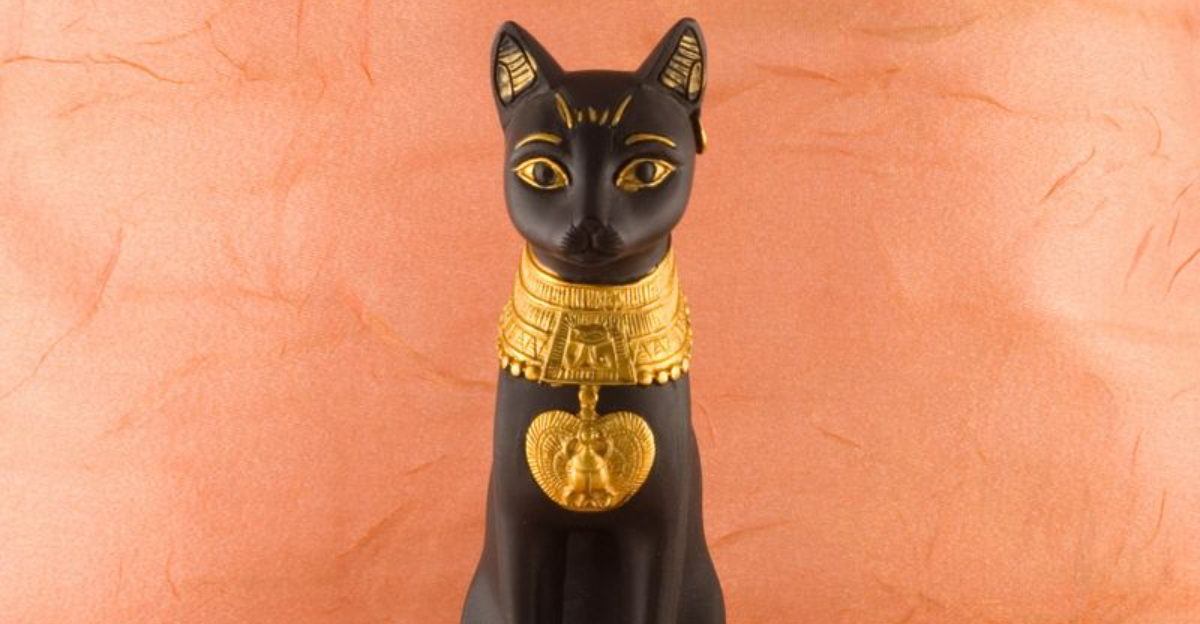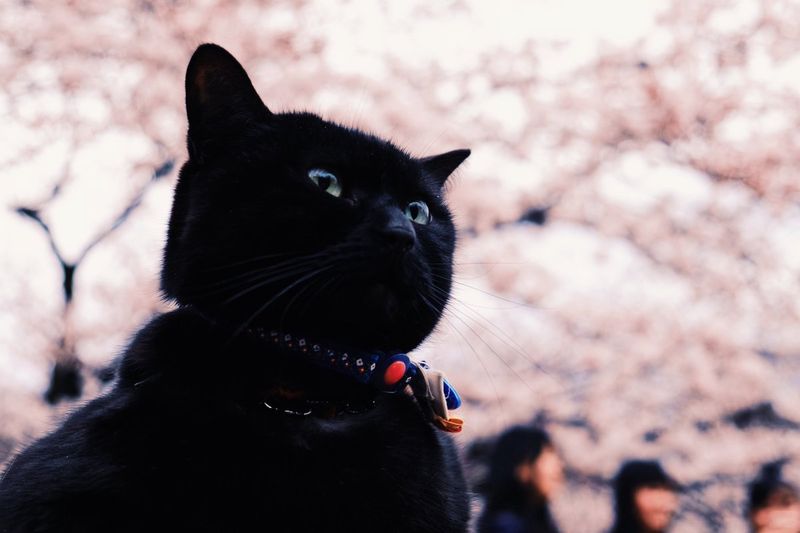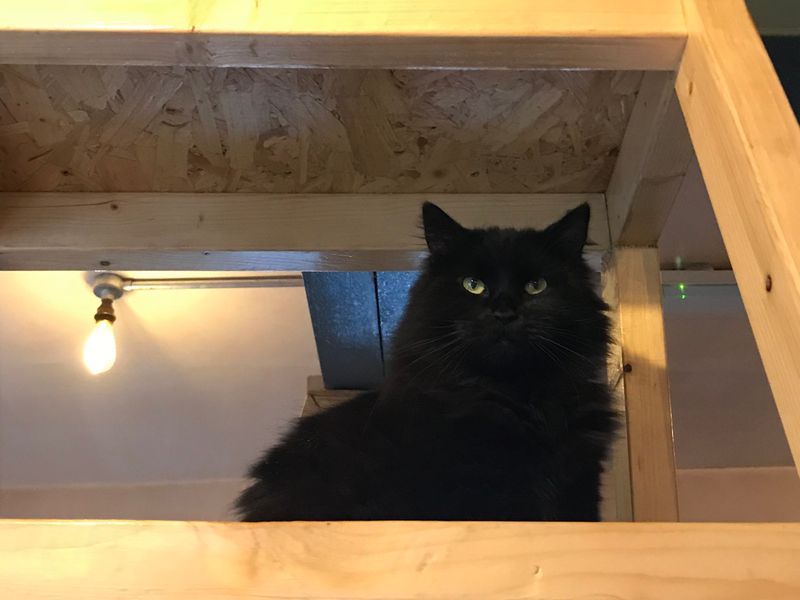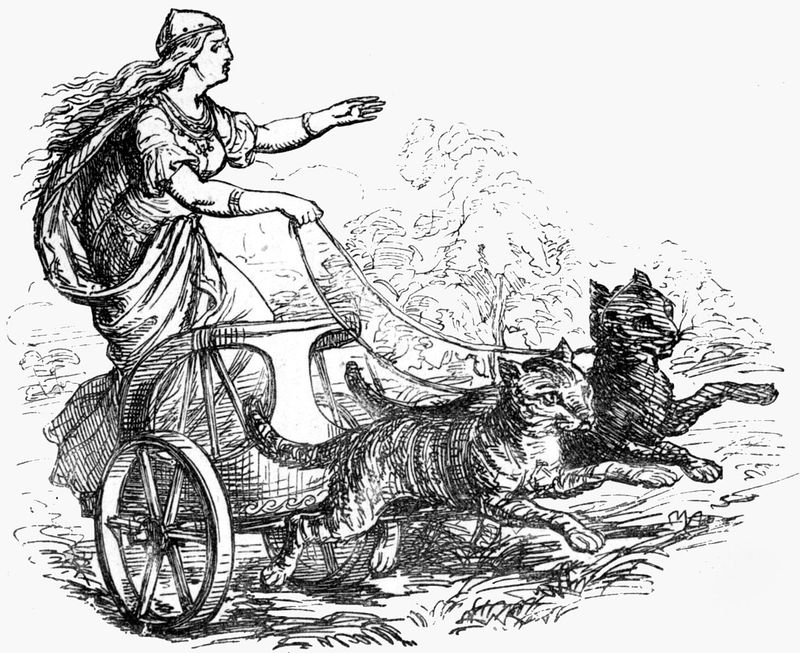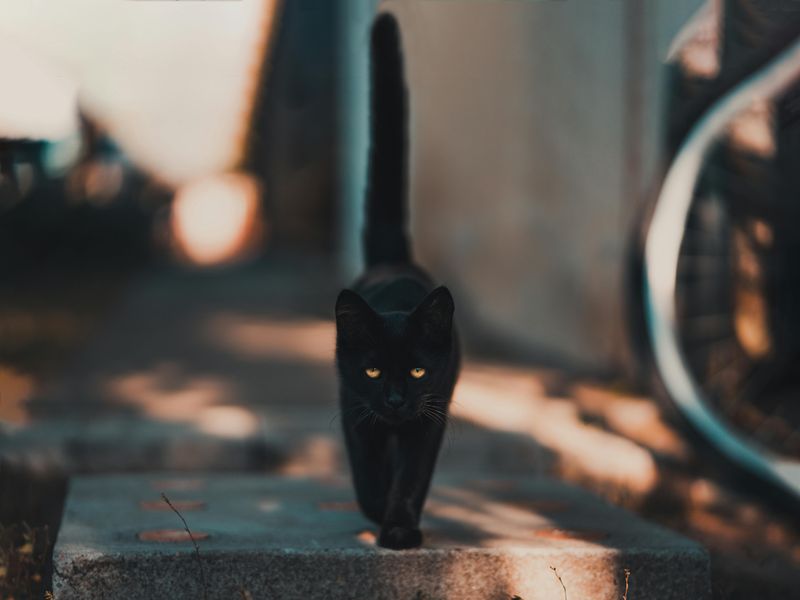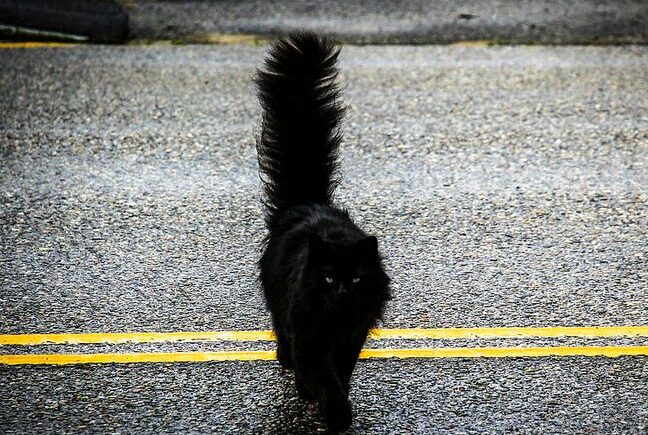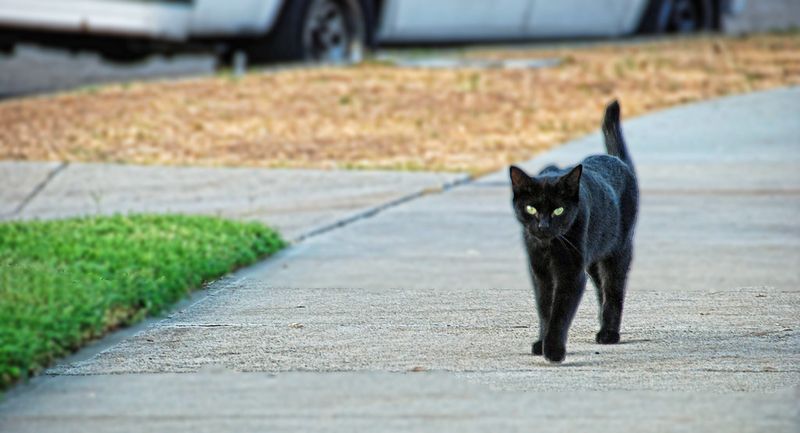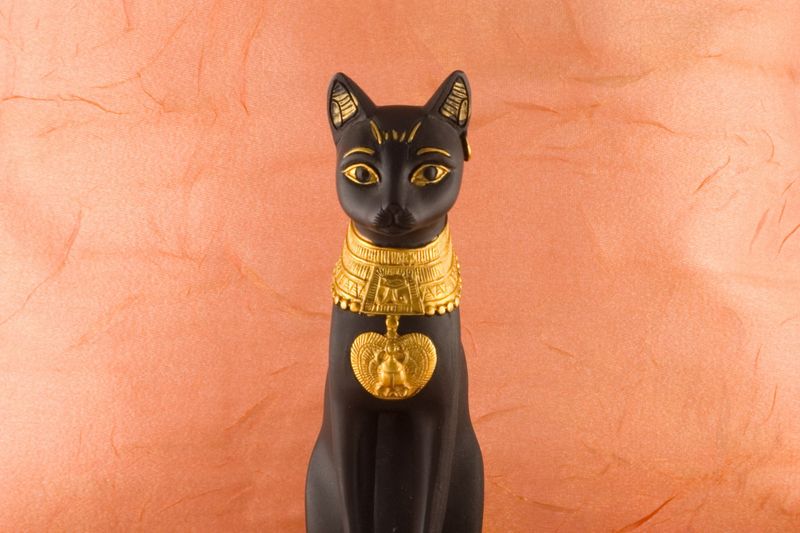📖 Table of Content:
Black cats have long walked the line between superstition and symbolism. In some places, their sleek coats and piercing eyes are unfairly linked to bad luck, witches, and dark omens. These myths, rooted in fear and folklore, have overshadowed the deeper, more positive roles black cats have played in cultures around the world.
Across centuries and continents, many societies have actually embraced black cats as symbols of good fortune, protection, and even love. From ancient temples to sailor’s ships, these mysterious felines have often been treated with reverence, believed to bring prosperity and ward off misfortune. Their reputation varies not just by region, but also by the direction they walk or the context in which they appear.
Whether as divine companions, lucky omens, or spiritual guardians, black cats have earned a place of honor in various traditions. These cultures recognize what many overlook: there’s magic in their mystery, and fortune in their footsteps. Let’s take a look at nine cultures where black cats are seen not as bad luck—but as lucky charms.
1. Japan
In Japanese culture, black cats are not just accepted—they’re admired. Especially for single women, having a black cat is believed to attract romantic prospects and sincere companionship. Rather than a symbol of bad luck, these felines are viewed as guardians against evil and misfortune. Many Japanese households believe that a black cat crossing one’s path brings positive change. Maneki-neko statues, often seen in shops, sometimes feature black cats to ward off illness and bad spirits. Superstitions here lean toward optimism rather than fear when it comes to black cats. Over time, they’ve become quiet icons of grace and luck in modern Japanese society.
2. United Kingdom
Surprisingly, black cats are considered a stroke of good fortune in many parts of the UK. In Scotland, folklore suggests that a black cat appearing on your doorstep signals incoming wealth. English sailors’ families often kept black cats at home, believing they would keep their loved ones safe at sea. Rather than fearing them, many Brits cherish the idea of a black cat crossing their path. This belief stands in sharp contrast to the darker myths from elsewhere in the world. Even in today’s modern cities, some people still whisper a quiet “thank you” when a black cat crosses their way. Their mysterious presence is seen as a positive omen, not a cause for concern.
3. Nordic (Scandinavian) Folklore
Norse mythology tells a far different tale about black cats—one filled with honor and power. The goddess Freyja, linked to love and fertility, was said to ride a chariot pulled by two large black cats. Farmers would offer food and shelter to black cats in hopes of winning her favor and a bountiful harvest. Far from being feared, these animals were sacred symbols tied to divine blessings. To mistreat a black cat was to risk offending Freyja herself. That reverence has echoed through generations, making black cats symbols of abundance and warmth. Their connection to the divine gave them a lasting place in Scandinavian lore.
4. Latinx Folklore
Deep within many Latin American traditions, black cats are seen as carriers of spiritual power. These cats are believed to hold a special energy—mysterious, protective, and wise. When treated with kindness and respect, they are thought to bring harmony into the household. Unlike the Western idea of bad omens, they represent balance between the seen and unseen. In spiritual practices, their presence may even be seen as a sign from ancestors or guardian spirits. Stories handed down over generations often paint them as companions to healers and wise women. Black cats in Latinx culture are not feared—they’re deeply respected.
5. Ireland
Much like their neighbors in the UK, the Irish see black cats in a positive light. Their sudden appearance is often interpreted as a promising sign, especially if one crosses your path unexpectedly. Irish superstition says that encountering a black cat can usher in good luck and even love. In old rural communities, these cats were welcomed into homes and barns as both protectors and lucky symbols. Interestingly, their reputation in Ireland remained largely favorable, even during times when witchcraft fears were high elsewhere. Many believe that black cats can “sense” spiritual shifts, making them quiet protectors of home and hearth. Luck, in Irish eyes, wears a velvet black coat and glowing eyes.
6. Germany
Depending on the direction they walk, black cats can either be bad or good luck in German folklore. If one crosses your path from left to right, it’s a sign that good things are ahead. Many Germans believe that black cats can absorb negative energy, offering a sort of quiet protection. This directional superstition adds an unusual but intriguing twist to their symbolic meaning. While fear still exists in some rural regions, others embrace black cats as keepers of peace and order. They’re sometimes believed to carry the wisdom of ancestors or old souls. Seen from the right angle, these cats are anything but unlucky.
7. France
In French folklore, black cats are sometimes called matagots, which translates to “magical cats.” People believed that if a matagot was treated with great care—fed well, given shelter, and never mistreated—it would reward its caretaker with riches and protection. These magical beings were thought to roam the countryside, choosing homes to bless or curse based on how they were welcomed. Over time, black cats earned a reputation as powerful, supernatural allies. Rural families sometimes left food out in hopes of gaining a matagot’s favor. Rather than fearing them, they were seen as testaments to fate and fortune. Even now, traces of this old belief linger in parts of southern France.
8. Egypt (ancient times)
In ancient Egypt, black cats were nothing short of sacred. They were closely associated with Bastet, the goddess of home, fertility, and protection. Owning a black cat was seen as a direct blessing from the divine, and harming one was a punishable offense. These cats lived in temples and homes, admired for their grace and spiritual energy. Egyptians believed that black cats could ward off evil and illness, serving as both companion and protector. Statues and paintings from the era often depict black cats adorned with gold jewelry. To the ancient Egyptians, a black cat wasn’t just an animal—it was a living embodiment of divine presence.
